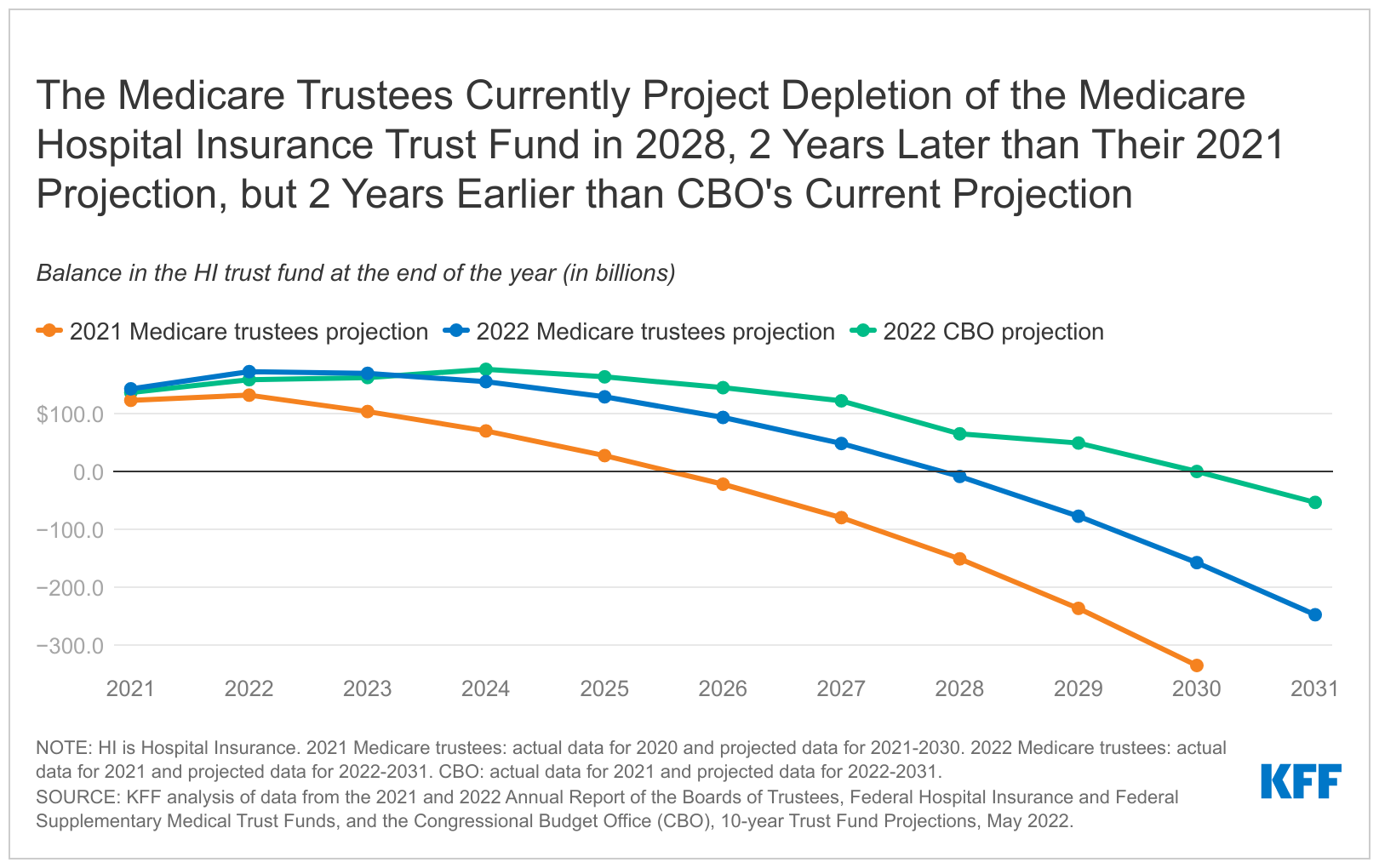Winco
Diamond Member
- Nov 1, 2019
- 19,844
- 15,080
- 2,290
Would you care to discuss your obvious ^^^^^^ untruths.those things are only needed because the dems under LBJ raided the SS fund and merged it into the general fund, then senile Joe authored a bill to make SS income taxable.
Referring to Post #580.
